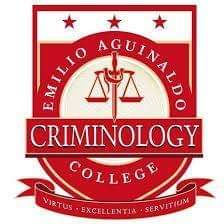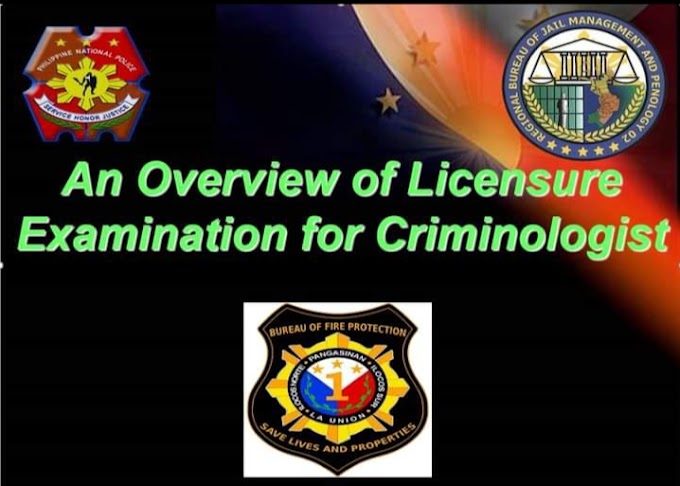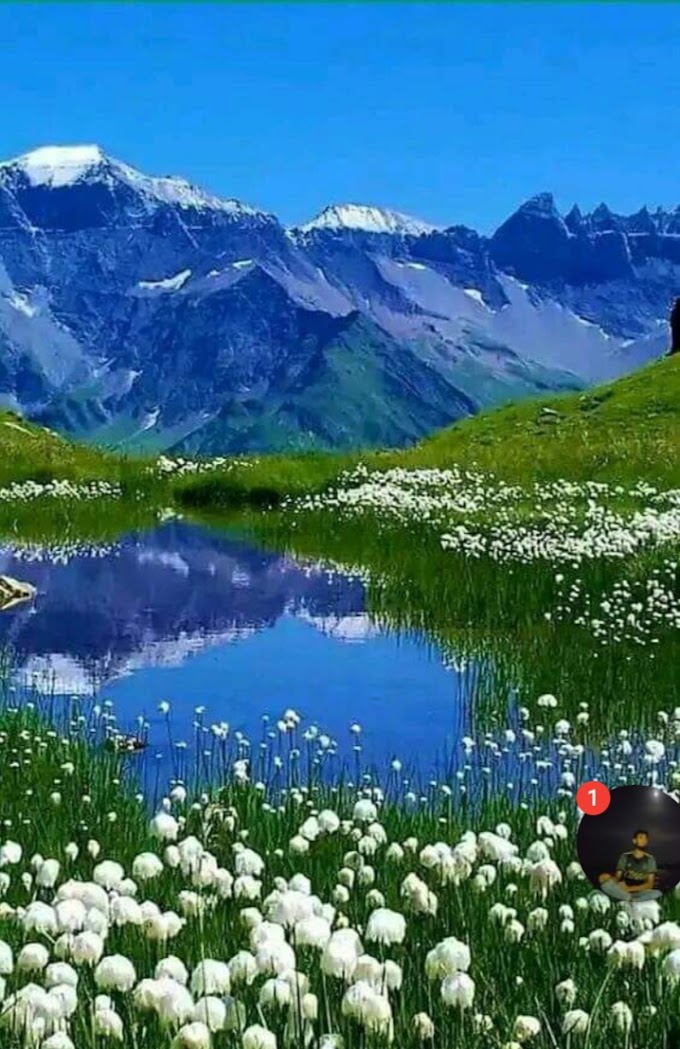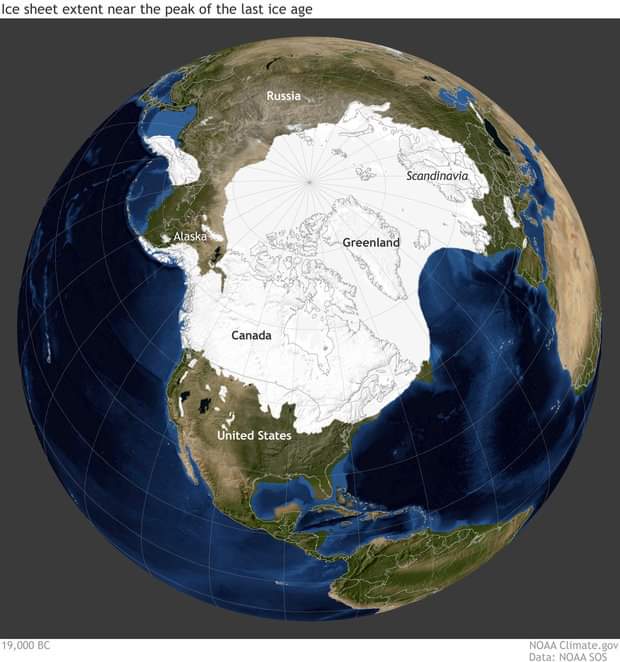The Universal System for the Protection of Human Rights (SUDH) is the set of substantive and procedural norms , as well as organizations with an international scope, belonging to the United Nations Organization (UN), whose purpose is the promotion and protection of universal human rights.
The SUDH is made up of the Treaty System and the Organ System.
Human Rights Treaty System
Human Rights Treaties are the instruments adopted by International Law to give a legal basis to the protection of human rights. They are voluntarily signed and ratified by States in full exercise of their sovereignty.
Through them, the States acquire the international obligations of:
Respect or not interfere or limit the enjoyment of Human Rights.
Protect or prevent the human rights of people from being harmed.
Carry out or Adopt positive measures and laws to ensure their enjoyment.
Each of the international treaties provides for the creation of a Committee that is in charge of supervising and monitoring the implementation of the obligations acquired by the States.
UN-OAS Human Rights Treaties
System of Human Rights Organs
The System of Organs , includes:
The Conventional Bodies, which are Committees of independent experts created by international treaties.
The Human Rights Council (HRC).
Although these organs are the main ones in charge of carrying out the functions of promotion and protection of human rights, the entire United Nations system must have among its purposes "the development and encouragement of respect for human rights and freedoms rights of all, without distinction for reasons of race, sex, language or religion", as established in Article 1 of the Charter of the United Nations.
In this sense, within the United Nations there are other organizations that develop, promote and protect human rights, such as the General Assembly, the International Court of Justice, the Economic and Social Council (ECOSOC), the International Labor Organization (ILO ) and cooperation agencies (UNDP, UNHCR, WHO, UNESCO, UNAIDS, UNICEF, etc.).
I. Committees or Conventional Bodies
The Conventional Bodies are the set of Committees that arise from each of the international treaties and that have the function of periodically supervising and evaluating the obligations of the States stipulated in their provisions. They are called "Conventional" because each Committee comes from an international convention signed within the Universal System.
The committees are made up of a group of independent experts who act on their own behalf and independently. They fulfill their function of supervising and monitoring the application of the pacts through periodic examinations that they carry out to the States Parties, in accordance with General Observations that facilitate the progressive and effective achievement of the full realization of the rights recognized in each Covenant.
What Committees make up the Universal System?
There are currently 10 committees that derive from 9 international human rights covenants:
Committee Against Torture – CAT
Subcommittee for the Prevention of Torture (Comes from the Optional Protocol of the International Covenant Against Torture and Other Cruel, Inhuman and Degrading Treatment) – SPT
To be part of these committees, the Venezuelan State must have signed and ratified the conventions that have created them. In this sense, Venezuela is part of all the Committees, except for:
Subcommittee on Prevention of Torture
Committee Against Enforced Disappearances
What do the committees examine?
Legislation
Administrative rules and procedures
Various national practices
With the aim of adjusting them to the norm and spirit of the Covenant.To do this, the State must:
Carry out a diagnosis of the existing situation, in a general and detailed way.
Facilitate public review of adopted policies.Provide a basis for effectively assessing the extent to which progress has been made towards meeting obligations The United Nations High Commissioner for Human Rights is the chief human rights official of the United Nations. He is part of the General Secretariat and holds the position of Deputy General Secretary.The High Commissioner was created in 1993 by General Assembly resolution 48/141 based on the recommendation made by the Vienna Declaration and Program of Action in the framework of the World Conference on Human Rights. Its work team is made up of the units that make up the Office of the United Nations High Commissioner for Human Rights (OACNUDH) . Its mandate consists of:
Promote and protect the enjoyment and full realization of all human rights contained in the Charter of the United Nations, the Universal Declaration of Human Rights and all international human rights laws and conventions.
Carry out the tasks assigned to it by the competent human rights bodies and make recommendations to improve the promotion and protection of human rights.
Promote and protect the right to development and expand the support of United Nations bodies for this purpose.
Provide technical and financial assistance and advisory services to regional bodies, States and other interested institutions, including civil society organizations , with the aim of improving the promotion and protection of human rights.
Coordinate education and public information programs and activities of the United Nations in the field of human rights.
Play an active role in removing current obstacles and addressing challenges to the full realization of human rights .
Prevent human rights violations .
Engage in dialogue with governments and civil society organizations , with the aim of ensuring respect for human rights.
Expand international cooperation for the promotion and protection of human rights.
Rationalize, adapt, strengthen and simplify the United Nations machinery in the field of human rights with a view to increasing its efficiency and effectiveness.
Since 2014, the position of High Commissioner has been held by the Jordanian Zeid Ra'ad Al Hussein .
III. The Human Rights Council
The Human Rights Council is the intergovernmental body of the United Nations whose function is the promotion and protection of human rights. .
In 1946, the Human Rights Commission was created, with the aim of establishing the legal and international structure for the protection of human rights and fundamental freedoms. He was extending his mandate until he was in charge of all matters related to human rights in the world. It represented a forum in which all countries, non-governmental organizations and human rights defenders could voice their human rights concerns. It was made up of 53 Member States, and observer States and representatives of non-governmental organizations also participated in the sessions.The Commission was replaced by the Human Rights Council through resolution 60/251 of the General Assembly , dated April 3 , 2006 Why was the Human Rights Commission replaced by the Council? The following reasons emerge from resolution 60/251 :
The importance of ensuring universality, objectivity and non-selectivity in the consideration of human rights issues, and of eliminating double standards and politicization .
The need for the promotion and protection of human rights to be based on a genuine dialogue that complies with the principle of strengthening States to comply with their obligations.
The need to reaffirm the purposes and principles of the Charter of the United Nations, in particular that of promoting friendly relations among nations based on respect for the principle of equal rights and self-determination of peoples. It also includes the need for international cooperation in solving international problems of an economic, social, cultural or humanitarian nature, and the development and respect for human rights and fundamental freedoms of all people.
In this way, the Human Rights Council assumes the role and powers of the Human Rights Commission based on General Assembly resolution 48/141 of December 20, 1993. As heir to the Human Rights Commission, the The functions of the Council have not changed substantially. These are:
Promote universal respect for all human rights for all people.
Deal with situations of human rights violations and formulate recommendations in this regard.
Promote the coordination of human rights organizations and their incorporation into the general activity of the United Nations system.
Promote human rights education and learningProvide technical assistance and advice to States with their consent.Serve as a forum for discussion of all issues related to human rights.
Make recommendations to the General Assembly to further develop international human rights law .
Promote compliance with the obligations of States in the area of human rights.
Follow up on the commitments and objectives related to human rights that emanate from the conferences and summits of the United Nations.
Contribute to the prevention of human rights violations through dialogue and international cooperation.Respond promptly to emergency human rights situations.
Cooperate in the field of human rights with governments, regional organizations, national human rights institutions and civil society.This new intergovernmental body is made up of 47 States based on equitable geographical distribution. They are elected by the General Assembly for a period of three years, and can be reelected immediately only once. The seats are distributed as follows:
African States: thirteen
Asian states: seven
Eastern European states: six
Latin American and Caribbean States: eight
Western European and other states: seven
Venezuela was elected in 2013 to be part of the Council until 2105. On October 28, 2015, she was re-elected until 2018.
To form part of the Human Rights Council, Venezuela presented voluntary commitments to the General Assembly: a series of measures and actions that it would take with the aim of protecting and improving the human rights situation in the country
How does the Human Rights Council fulfill its functions?
The Council reviews and discusses the human rights situation in all the States Parties to the United Nations with the aim of adopting resolutions or taking decisions, which may take the form of recommendations or the offer of technical assistance.
To this end, the Council meets in ordinary sessions at least three times a year and, at the request of one of its members, it can meet in special sessions. In addition to plenary meetings, the Council relies on other procedures, mechanisms and subsidiary bodies in order to fulfill its role. These are:
Universal Periodic Review .
Holders of Special Mandates in human rights.
Advisory Committee.
Individual complaints.
III.1. Holders of Special Mandates in Human Rights: Rapporteurs, Working Groups and Experts
They are independent experts appointed by the Human Rights Council. They work on their own behalf, not on behalf of a State, they are not part of the staff of the United Nations and they do not receive any remuneration for their work. Its function is to monitor the human rights situation within the issue or the country that constitutes its mandate, promote and protect human rights and respond effectively to a situation of violation.
Mandates can be assigned to individuals, who are called Special Rapporteurs or Independent Experts, or to a Working Group, generally made up of five experts from the five regions of the world. The mandates can be thematic or by country .
Special Procedures Manual (HRC) Article 9 of the Manual of Special Procedures (2008) assigns the following tasks to the holders of Special Mandates:
Analyze the human rights situation that constitutes its mandate, including on- site visits .
Advise on the measures that should be taken by the government.
Alert the United Nations system and other States about situations that could constitute human rights violations. To do this, they can use the early warning system and advocate for preventive measures.
Advocate for the rights of victims of violations, which may include requiring the State to take urgent action or to respond to and follow up on a human rights situation.
Activate the international community to take pertinent actions in order to protect and promote human rights.
Follow up on the recommendations made.
The holders of these mandates can make use of any source of information that they consider credible and relevant. Many times they are the first or the only ones who can report on human rights violations in one or several countries without having to mediate a convention.
To fulfill their functions, mandate holders may carry out the following activities:
a) Visits to States : Upon state invitation, a Rapporteur, Expert or Working Group may visit a country to study the situation of the rights that are the object of their mandate. Subsequently, he will engage in a dialogue with the State on the results of the visit and present a report to the Human Rights Council.
Communications with States.
c) Others : Those responsible for the mandates can carry out other activities that are requested of them, such as preparing thematic reports, carrying out work or academic visits, participating in forums, among others.
All Holders must submit an annual report to the Human Rights Council. In each report, the owners give an account of the activities they have carried out throughout the year, as well as those situations that are a cause for concern for the Universal System.
Venezuela has not allowed official visits to the country by Mandate Holders since 1998, despite repeated reminders to the State of its obligation to collaborate with the System.
III.2. The Advisory Committee of the Human Rights Council
The Human Rights Council Advisory Committee is a subsidiary body made up of 18 independent experts acting on their own behalf. As established in Resolution 5/1, its function is to collaborate with the Council by providing specialized knowledge in the matters that the Council requests, in the form of studies or research.
The Advisory Committee is under the direction and supervision of the Council and can only act within the scope of the promotion and protection of human rights. It does not pass resolutions or make decisions, but its investigations are used by the Council to accomplish that end.
The 18 members of the Committee are elected every 3 years and can be re-elected once based on geographical and gender balance. They are chosen by the Member States of the Council from a list of candidates that they themselves have proposed.
The Council has mandated them to actively engage with States, national human rights institutions, and members and organizations of civil society .

.jpeg)
.jpeg)
.jpeg)






